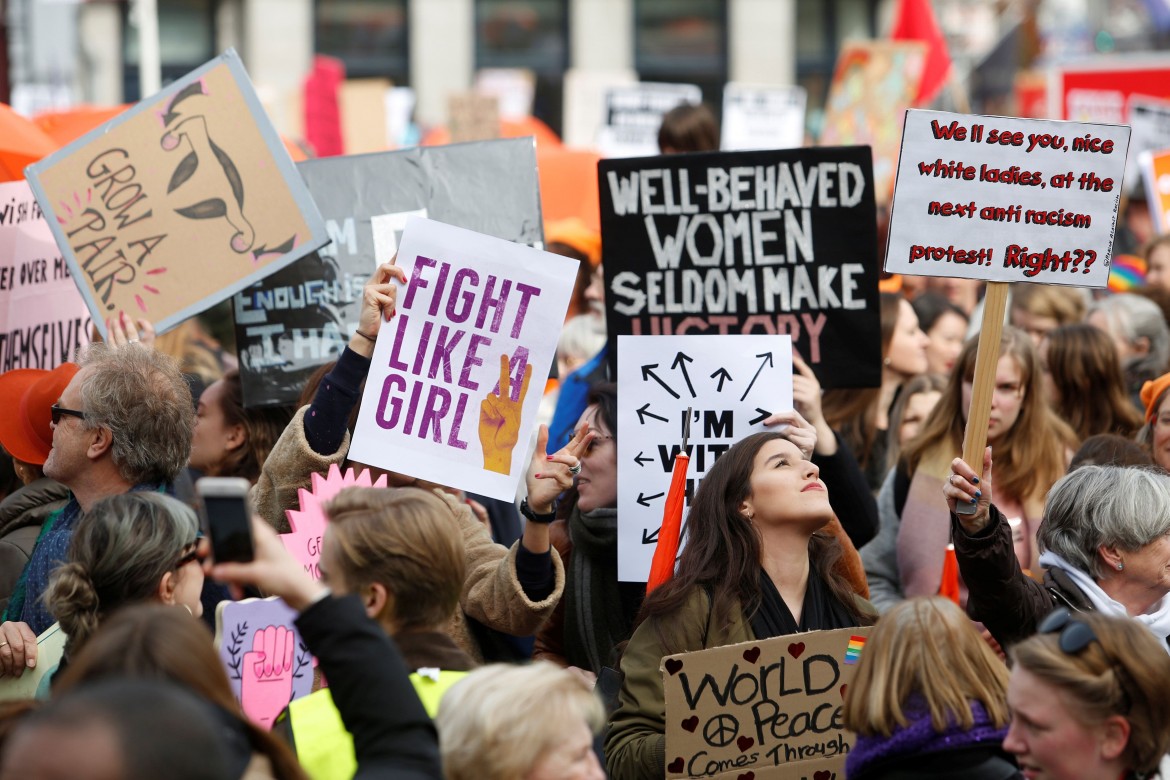Interview
Dutch pro-Muslim party risks reinforcing 'vertically divided' nation
The political historian Sjaak Van der Velden, of the International Institute of Social History in Amsterdam, analyzes the parties running in Wednesday's elections in the Netherlands.

The Turkish Foreign affairs minister Mevlüt Cavusoglu is not a welcome visitor ahead of the March 15 elections in the Netherlands. According to his Dutch counterpart, his speech in Rotterdam on Saturday would have increased tension in an electoral campaign in which Geert Wilders, the populist leader, has lashed out many times against the Islamic minority in defense of Dutch identity. The DENK party, the most favorable outsider in these elections, founded by two Turkish-Dutch politicians, is running against the hostile attitude toward Muslims and ethnic minorities.
We spoke about it with Sjaak Van der Velden, a historian for the International Institute of Social History (IISH) in Amsterdam and the author of several books on the left and social struggle in the Netherlands.
One of the most important developments of the Dutch left in the elections is the presence of a party like DENK, founded and run by Dutch people of immigrant origin.
Despite its progressive proposals, DENK, Dutch for “think,” is a party that was founded by two politicians of Turkish origin and that attracts, above all, support from the Anatolian community. TV presenter Sylvana Simons must also have foreseen this, and after acting as DENK’s spokesperson, went on to lead the new party Artikel1, with the objective of enforcing a ban on discrimination, set forth in the first article of the Dutch Constitution.
Would you describe it as a leftist party?
If its commitment against racism makes it seem so, it’s also true that its nationalist cultural background makes it difficult to identify with the values of the left. The attention paid to ethnicity, in fact, risks proving the claim that Dutch society is vertically divided into two very distinct and separate groups. Essentially, there’s a risk of returning to the times of verzuiling, pillarization in Dutch. [The term refers to the socio-political segregation of Dutch society into distinct communities.]
DENK’s emergence undoubtedly confirmed the distance between the parties of the traditional left and ethnic minorities in the Netherlands. Historically, how have these two worlds interacted?
Since the 1970s, the social-democratic PvdA (Partij voor de Arbeid) tried to be the party that best responded to the needs of minorities, nominating and electing exponents of immigrant communities in various representative assemblies. In 2014, however, Kuzu and Öztürk (the members of the House of Representatives who founded DENK) left the party, which confirmed its separation from minority groups, particularly the Turkish community. On the other hand, the socialist Sp (Socialistische partij) has always had a colder approach to immigration and cohabitation, favoring the assimilation of immigrants into Dutch society and criticizing freedom of movement in Europe. Finally, the red and green Gl (GroenLinks) has always adopted a more open and flexible attitude towards immigrant communities.
Surveys show that GroenLinks, which is pro-European and in favor of welcoming refugees, is the first party of the left. Was the electoral campaign a success?
Certainly, 30-year-old leader Jesse Klaver’s charismatic personality played a part. His young age and Moroccan and Indonesian family origins symbolize the party’s progressive and multicultural platform. Through him, the red and green party managed to interpret the electorate of the left’s desire for change, against the right’s xenophobia and for a more sustainable economic model.
How do you explain the decline of the PvdA?
In the 2012 electoral campaign, the PvdA had ruled out the possibility of governing with the liberal VVD, but in the end, they were together for five years in the same executive branch. Despite this, neoliberal political choices, such as the progressive increase in the pension age, were made smoothly.
Another emerging party is the animal rights party PvdD (Partij voor de Dieren), the first political party in the world to gain parliamentary seats with an agenda focused on animal rights. How did it attract support from left-wing voters?
In its program, named Plan B, this party proposes another type of society and economy, in which better treatment of animals goes hand in hand with improved living conditions for people. Their criticism of the technocratic model is so radical that it rejects the traditional economic analysis of its proposals by institutional bodies such as that of the CPB (Central Plan Bureau), the Bureau for Economic Policy Analysis.
Originally published at https://ilmanifesto.it/movimenti-a-sinistra-i-rosso-verdi-in-testa/ on 2017-03-12
